THC vs. THCp: Effects, Strength, Dosing, and Safety Guide

Quick Answer: THC and THCp differ significantly in strength, duration, and dosing. THCp binds to receptors much more tightly, leading to effects that feel 5-10 times stronger and can last up to 72 hours. Because it builds slowly and requires tiny doses, THCp should be used with caution and proper planning.
THC and THCp may sound similar, but they create very different experiences. THC is the familiar cannabinoid behind the classic cannabis high, while THCp is a newer, far more potent compound that’s sparked confusion, hype, and risky assumptions.
Before believing the “33 times stronger” claim, it’s important to understand what that actually means, how THCp works in the body, and why tiny doses make such a big difference. This guide discussed THC vs THCp in a simple, clear way so you can stay informed, safe, and in control of your experience.
Key Takeaways
- THCp binds much more tightly to CB1 receptors than THC, making effects feel 5-10 times stronger and last significantly longer.
- THCp occurs naturally in cannabis at under 0.1%, so all commercial products are made from hemp-derived CBD conversions.
- A 0.3-0.5mg starting dose of THCp is recommended, and most users should wait 24-48 hours before increasing.
- THC vs THCp timing differs: THCp vapes build for 2-3 hours, while edibles can last 24-72 hours from one dose.
- THCb offers a milder alternative that lasts 4-8 hours and pairs well with THCp to balance intensity.
- THC and THCp show up the same on drug tests, and testing windows may be longer with THCp.
- Check out Mellow Fellow’s lab-tested THCp products for safe, precise, and balanced experiences.
What Is THCp? The Seven-Carbon Cannabinoid
THCp (tetrahydrocannabiphorol) is a recently discovered cannabinoid that appears to be far more potent than THC. Italian researchers identified it in 2019 while studying the FM2 medical cannabis strain, where it was found in extremely small amounts (under 0.1%).
The main difference lies in its structure: THCp has a seven-carbon side chain, compared to THC’s five, allowing it to bind to CB1 receptors far more strongly.
Cannabis doesn’t produce enough THCp to extract in meaningful amounts - processing thousands of pounds of plant material would only produce grams. For that reason, THCp on the market is made by converting hemp-derived CBD in a lab, which allows for controlled and consistent dosing.
Early research showed THCp produced intense effects even at tiny doses, which is why microdosing quickly became standard. Its discovery also suggests that some “strong” strain effects in the past may have been influenced by trace amounts of THCp without us realizing it.
Chemical Structure: THCp vs. THC Molecular Differences
The length of a cannabinoid’s side chain plays a major role in how strongly it attaches to CB1 receptors in the body. THC has a five-carbon chain, which gives it a moderate grip. THCp has a seven-carbon chain, which allows it to latch onto these receptors much more tightly.
Adding more carbons increases binding strength up to a point, and seven is essentially the “sweet spot.” That’s why THCp’s structure creates such a strong effect. Even though THCp and THC differ by only two small chemical groups, those extra carbons lead to a dramatically different experience.
| Property | THC (Delta-9) | THCp | Significance |
|---|---|---|---|
| Alkyl Chain | 5 carbons | 7 carbons | 33x stronger binding |
| CB1 Ki Value | 40 nM | 1.2 nM | Lower = tighter binding |
| Natural Abundance | 15-25% | <0.1% | Requires synthesis |
| Molecular Weight | 314.47 g/mol | 342.52 g/mol | Slower metabolism |
THCp Binding Affinity vs THC: Looking at Ki Values
Binding affinity refers to how tightly a compound attaches to receptors - it doesn’t directly measure how “high” you’ll feel.
THCp binds to CB1 receptors much more strongly than THC. Its Ki value is 1.2nM compared to THC’s 40nM, meaning it takes far less THCp to latch onto the same number of receptors. A simple way to picture it: THCp sticks like a strong magnet, while THC is easier to pull off.
This stronger binding mainly affects duration, not just intensity. Research confirms the 1.2nM value, and users typically describe THCp as about 5-10 times stronger than THC, not 33 times.
Because THCp holds onto receptors for much longer, the effects last far beyond a typical THC experience. It also causes tolerance to build more quickly, and many regular users say they need a week-long break to feel normal sensitivity again.
Ready to experience precision-formulated THCP? Shop our lab-tested THCP products with verified potency and purity.
THCp Effects vs THC: Duration and Intensity Differences
THCp lasts far longer than THC. While THC usually peaks within an hour and fades after 2-4 hours, THCp can stay active for 12-72 hours. Many users describe it as feeling “locked in” to the high, with a steady effect instead of the usual rise-and-fall waves.
When vaped, such as with a Strawberry Cough THCp Disposable, effects often begin within 5-15 minutes, but the experience feels noticeably different from THC. People report heavier body effects, stronger time distortion, and couch-lock even with strains like Strawberry Cough that are normally energizing. The peak doesn’t drop quickly either - it can hold for several hours.
Users often mention a lingering “background high” long after the peak. For example, one person who took 1mg on a Friday night still felt it on Monday morning. Because of this extended timeline, THCp isn’t ideal if you need to be clear-headed within the next 24-48 hours, so planning ahead is important.
THCp Potency vs. THC: Strength Analysis
Lab measurements don’t reflect how strong THCp feels in real life. Even though it binds far more tightly than THC, most users say the effects are about 5-10 times stronger - not 33 times. There’s a limit to how much the receptors can handle, so stronger binding doesn’t automatically mean a stronger high.
For many people, THCp hits a “ceiling” at around 2-3mg, which can feel similar to 20-30mg of Delta 9 THC. Taking more usually makes the high last longer rather than making it more intense. This is why carefully formulated blends often pair THCp with other cannabinoids - to smooth out the effects and keep the experience enjoyable rather than overwhelming.
Sensitivity varies a lot from person to person. Factors like metabolism, body chemistry, and past cannabis use can change how you respond. A dose that feels light for an experienced user could be far too strong for someone new to THCp, so starting low is important.
How Long Does THCp Take to Kick In vs. THC Onset
THCp doesn’t hit on the same timeline as THC. When vaped, it usually starts working within 5–15 minutes, but the effects build slowly over the next 2-3 hours. This gradual climb can catch people off guard if they expect the fast peak that comes with THC.
With edibles, the timing becomes even trickier. THCp edibles can take 4-6 hours to reach full strength, compared to 2-3 hours for THC.
Once they peak, the effects can linger for 24-72 hours from a single dose. Because the body converts THCp into an even stronger form during digestion, the experience can be much more intense and long-lasting than expected.
| Method | THCp Onset | THCp Peak | THCp Duration | THC Duration |
|---|---|---|---|---|
| Vaping | 5-15 minutes | 1-2 hours | 12-24 hours | 2-4 hours |
| Edibles | 30-120 minutes | 4-6 hours | 24-72 hours | 4-8 hours |
| Sublingual | 15-45 minutes | 2-3 hours | 8-16 hours | 3-6 hours |
THCP Dosage vs THC: Starting Points and Safety
THCp requires much more precise dosing than THC. A typical starting dose is only 0.3-0.5mg, which is about 20 times lower than the common 5-10mg starting dose for THC. Because the amounts are so small, it’s important to use products with accurate lab testing and clear labels.
You can’t increase THCp the same way you would with THC. Since the effects last so long, you should wait 24–48 hours before adjusting your dose. Raising it too quickly can lead to feeling impaired for multiple days. Most experienced users stay within 1-3mg per session, with around 1mg being a standard full dose.
Product strength also matters. For example, a Forbidden Fruit THCp Disposable allows smaller, measured puffs so you can ease into the effects and avoid taking too much at once.
THCb vs THCp: The Four-Carbon Alternative
THCb (tetrahydrocannabutol) sits between THC and THCp in strength. It was discovered alongside THCp in 2019, and its four-carbon side chain gives it a CB1 binding value of about 15nM - stronger than THC’s 40nM but weaker than THCp’s 1.2nM.
Users often describe THCb as more uplifting and clear-headed, while THCp tends to feel heavier and more sedating. Its effects usually last 4-8 hours with a moderate intensity, making it more suitable for daytime use. A 2020 study published in the Journal of Natural Products found that THCb showed anti-inflammatory and pain-relieving effects similar to THC in animal models.
Pairing THCb with THCp can help balance out THCp’s intensity while still delivering a stronger experience than THC alone. It’s a popular choice for people who want a noticeable boost without the multi-day commitment that can come with THCp.
Experience the difference with Mellow Fellow's best-selling cannabinoid blends.
THCp Side Effects vs THC: Managing Increased Risks
THCp can intensify both the good and the bad sides of a cannabis high. Common THC effects like dry mouth, red eyes, and anxiety can hit harder and last much longer with THCp. What would normally be mild dry mouth with THC can become noticeable dehydration, and red eyes can turn into uncomfortable eye pressure.
Related Products

Many users report a “time lock” feeling - being stuck in an altered state for 2-3 days, with lingering effects even after that. Some say they were unable to work or function normally for 48-72 hours after taking too much, which can seriously disrupt your routine if you aren’t prepared for it.
THCp also appears to raise heart rate more sharply than THC, and some users report it staying elevated for extended periods. Anyone with heart issues, high anxiety, or known sensitivity to cannabinoids should avoid THCp. There is no proven way to reverse an overdose-like experience with THCp - careful dosing is the only reliable safety approach.
THCp Detection on Drug Tests vs THC
THCp breaks down into the same THC-COOH metabolite that standard drug tests look for. That means THCp use shows up just like marijuana use, and most tests can’t tell the difference. Because THCp stays in the body longer and stores more easily in fat, it may extend the detection window beyond what’s typical for THC.
For reference, urine tests can normally detect THC for 3-30 days. With THCp, it could last even longer. Hair tests already show results for up to 90 days and may go beyond that with THCp. Saliva tests, which usually show THC for 24-72 hours, may also detect THCp for a longer period.
There is currently no drug test that separates THC, THCp, or other hemp cannabinoids. Saying you used “legal THCp” won’t work as a defense if you test positive. If drug testing is a concern, the safest approach is to avoid THCp altogether.
Mellow Fellow THCp Products: Quality Standards
Mellow Fellow takes a precision-first approach to THCp. Because dosing happens at such small amounts, even slight inconsistencies can dramatically change the experience. That’s why every batch is third-party tested for accurate potency, with full lab reports available so you know exactly what you’re getting.
We offer different THCp options to fit how you like to consume. For example, the Green Crack THCp Disposable provides a more uplifting experience, while our blended formulas pair THCp with other cannabinoids for a smoother, more balanced feel. Using live resin also helps preserve natural terpenes, which influence flavor and how the effects unfold.
Quality is also about clear guidance. Our products include accurate labeling, consistent formulation, and helpful usage information like onset time, expected duration, and dosing tips so you can enjoy THCp confidently and safely.
Is THCp Legal? Federal and State Regulations
THCp sits in a gray area legally. If it’s made from hemp and contains less than 0.3% Delta-9 THC, it technically fits under the 2018 Farm Bill. But because the DEA has raised concerns about synthetic and lab-made cannabinoids, the legality of THCp isn’t firmly settled.
Rules also vary widely by state. Some states, like Idaho, Kansas, and Wyoming, have banned all THC alternatives, including THCp. Others are introducing new laws aimed at synthetic or semi-synthetic cannabinoids. These regulations are changing quickly as states try to catch up with newer cannabinoids.
Before buying or using THCp, it’s important to check your local laws. In some places, possession can be treated the same as marijuana. What’s legal today may not be tomorrow, so always confirm current regulations. If you’re unsure, our THCp State Guides and customer support team can help clarify what applies to your area.
Natural THCp in Cannabis vs Synthetic Production
Natural THCp is found in cannabis in extremely small amounts - so small that extracting it directly isn’t realistic. In the 2019 Italian study that discovered it, THCp showed up at under 0.1%, meaning you’d need massive amounts of plant material just to produce a few grams. Because of this, all THCp sold today is made by converting hemp-derived CBD in a lab.
During this conversion process, two extra carbons are added to CBD’s structure to form THCp’s seven-carbon chain. The quality of this process can vary between manufacturers, and poorly made products may contain leftover solvents or unwanted by-products.
The THCp molecule is the same whether it’s naturally occurring or made from CBD - the difference is in how clean and accurately made the product is. That’s why third-party lab testing is essential. Look for certificates of analysis that confirm potency and check for solvents, heavy metals, and other contaminants before buying.
Comparing THCp Consumption Methods
Vaping THCp gives the most control. It usually kicks in within 5-15 minutes, and you can take small puffs to ease into the effects. Even though it starts quickly, the high continues to build for a few hours. The terpene profile of the strain you choose also plays a big role in how the experience feels.
THCp edibles, such as our THCp Bursts, require the most caution. They can take 30-120 minutes to start working, but once they do, the effects may last 24-72 hours. Pre-measured edibles remove the guesswork, but they also lock you into a long experience. It’s best to start with a quarter dose to avoid going too far.
Sublingual tinctures fall in the middle. They usually take 15-45 minutes to begin working and can last 8-16 hours. They avoid the long digestive process and allow for more precise dosing than edibles, but THCp tinctures are still harder to find because of the low concentrations required.
Safety Considerations for THCP Use
There are no long-term safety studies on THCp yet. Since it was only discovered in 2019, researchers still don’t know much about its long-term effects. Anyone using THCp is essentially experimenting with a compound that hasn’t been fully studied.
Because of this, harm reduction is crucial. Avoid driving for at least 72 hours after using THCp. If it’s your first time, make sure you have 2-3 days free in case the effects last longer than expected. Some users keep CBD on hand, as it may help soften overwhelming effects. It’s also smart to have someone you trust aware and available, especially for a first-time experience.
Product quality varies a lot between brands. Only buy THCp products with full third-party lab testing that checks for potency, solvents, pesticides, and heavy metals. Avoid products with vague dosing or no clear milligram amounts - accurate labeling is essential with a compound this strong.
Ready to try THCP safely? Browse our THCp 2G Blunt for the perfect blend of potency and purity.
THC vs. THCp: Making a Choice
THCp delivers a dramatically different experience than THC, and understanding those differences is key to using it responsibly. Its stronger receptor binding, longer duration, and extremely small dosing range make it a compound that demands preparation, patience, and high-quality products.
THCp can feel 5-10 times stronger than THC, lasts up to 72 hours, and builds slowly, which is why starting low and planning ahead is essential.
Blended formulas, especially those that include THCb, can help create a more manageable and balanced high. Because there are no long-term studies on THCp yet, proper safety habits and choosing reliable, lab-tested products matter more than ever.
Ready to experience THCp the right way? Check out Mellow Fellow’s pharmacist-crafted THCp lineup for high-quality, transparent, and consistent effects.
Frequently Asked Questions
Does THCp Really Get You 33 Times Higher Than THC?
No, THCp binds 33 times tighter to CB1 receptors but produces effects roughly 5-10 times stronger than THC. The binding measurement indicates molecular grip strength, not psychoactive intensity. Most users find 1mg THCp comparable to 10mg Delta 9 THC.
How Long Do THCp Effects Last Compared to Regular THC?
THCp effects persist 12-72 hours depending on dose and method, versus 2-8 hours for THC. Vaporized THCP typically lasts 12-24 hours, while edibles maintain effects for 2-3 days. Users report residual effects up to a week after larger doses.
What’s a Safe Starting Dose for THCp if I Regularly Use THC?
Start with 0.3-0.5mg THCp regardless of THC tolerance. The different binding dynamics mean THC tolerance doesn't translate directly. Wait 24-48 hours before increasing, as effects continue building for hours after consumption.
Will THCp Cause Me to Fail a Drug Test?
Yes, THCp metabolizes into THC-COOH, detected by standard marijuana tests. Detection windows may exceed typical THC timeframes due to enhanced fat solubility. Assume any THCp use triggers positive results for at least 30 days.
Is THCb Stronger Than THCp?
No, THCb has CB1 binding affinity of 15nM versus THCP's 1.2nM, making it weaker than THCp but stronger than THC (40nM). Users describe THCb as more functional with 4-8 hour duration versus THCp's 12-72 hours.
Can I Build Tolerance to THCp Faster Than Regular THC?
Yes, THCp's extended receptor occupation accelerates tolerance. Regular users report needing breaks after 1-2 weeks versus months with THC. Persistent binding prevents receptors from resetting between doses.
What’s the Difference Between Natural and Synthetic THCp?
None molecularly - THCp remains identical whether extracted or synthesized. All commercial THCp comes from CBD conversion since natural extraction isn't economically feasible. Safety depends on production quality and purification, not origin.
Sources
- A novel phytocannabinoid isolated from Cannabis sativa L. with an in vivo cannabimimetic activity higher than Δ9-tetrahydrocannabinol - Scientific Reports, 2019
- Isolation of a High-Affinity Cannabinoid for the Human CB1 Receptor: Δ9-Tetrahydrocannabutol - Journal of Natural Products, 2020
- Cannabinoids and Cannabinoid Receptors: The Story so Far - iScience, 2020
- How THC works: Explaining ligand affinity for cannabinoid receptor 1 - iScience, 2025
- An Emerging Trend in Novel Psychoactive Substances: Designer THC - Journal of Cannabis Research, 2024
- The Next Day Effects of Cannabis Use: A Systematic Review - Cannabis and Cannabinoid Research, 2023
- Delta-8, Delta-10, HHC, THC-O, THCP, and THCV: What Should We Call These Products? - Journal of Studies on Alcohol and Drugs, 2023
Explore Other Articles
View allExplore more
- 11 hydroxy thc
- Blends
- blunt
- burn blend
- cannabinoids
- cartridge
- CBD
- cbg
- CBN
- Charged Blend
- Clarity Blend
- Concentrates
- Connection Blend
- Creativity Blend
- Dabs
- decarb
- decarboxylation
- delta
- delta 10
- delta 11
- delta 8
- Delta 8 thc
- delta 9
- delta 9 thc
- Delta-10-THC
- Delta-11-THC
- delta-8
- Delta-8-THC
- Delta-9-THC
- delta9
- Desire Blend
- destination series
- Diamonds
- disposable
- disposable vape
- Dream Blend
- dry january
- edibles
- elevate blend
- entourage
- entourage effect
- entourage effects
- Euphoria Blend
- focus
- gummies
- H4CBD
- halloween
- hemp
- hemp beverage
- hemp-derived
- HHC
- HHCp
- HTE
- Indica
- Introvert Blend
- Joint
- lean
- legal
- Live Resin
- Live Resin cartridges
- m-fusions
- mechoulam
- momentum blend
- Motivation Blend
- nano-beverage
- one hitter
- preroll
- productivity
- raphael mechoulam
- Recover Blend
- Relief
- sleep
- strain review
- terp sauce
- Terpenes
- Thanksgiving
- thc
- THC beverage
- THC Drink
- thc lean
- thc-p
- THCa
- THCa Flower
- THCb
- THCh
- THCm
- thcp
- THCp edibles
- THCp flower
- THCv
- the elevate blend
- The Energy Blend
- The Happy Blend
- The Illuminate blend
- the momentum blend
- The Rest Blend
- Tranquility Blend
- vape
- vape cartridge
- Vapes
- wax
- wellness
- zkittlez




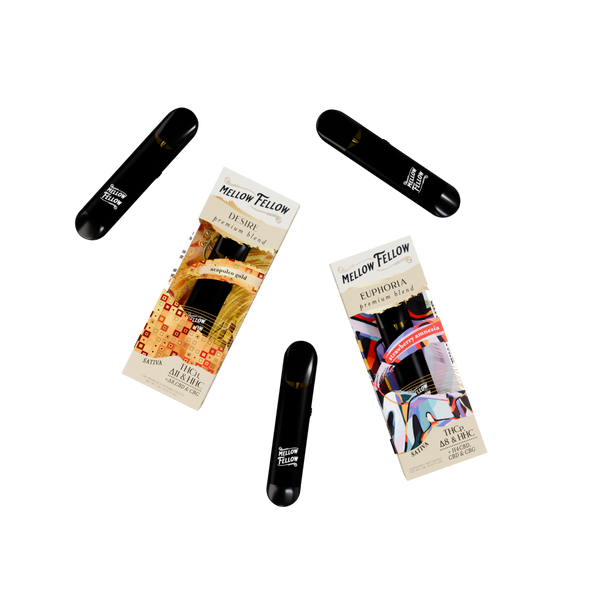

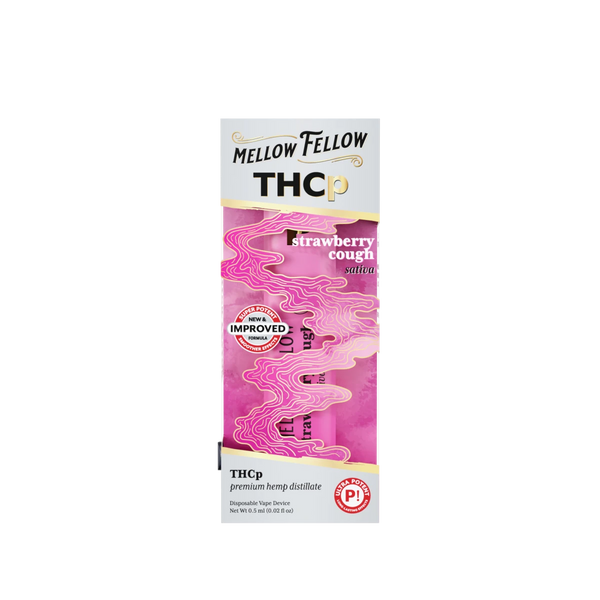
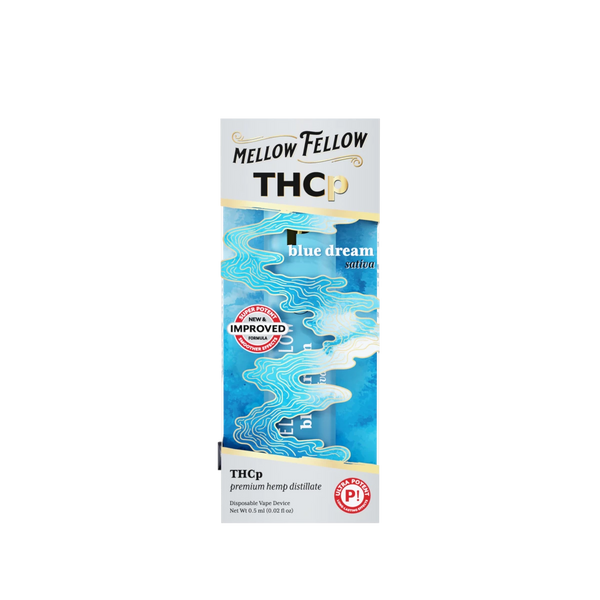
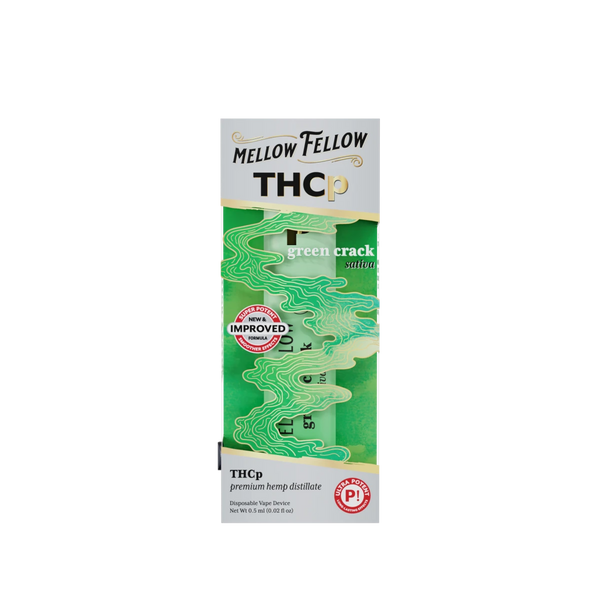
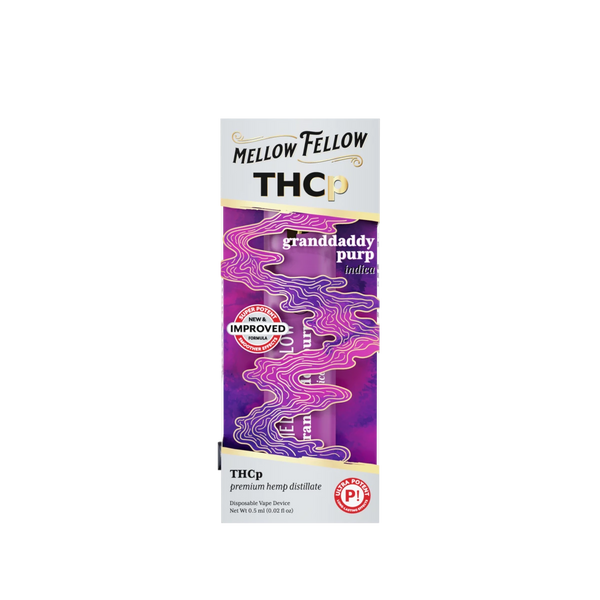












Leave a comment